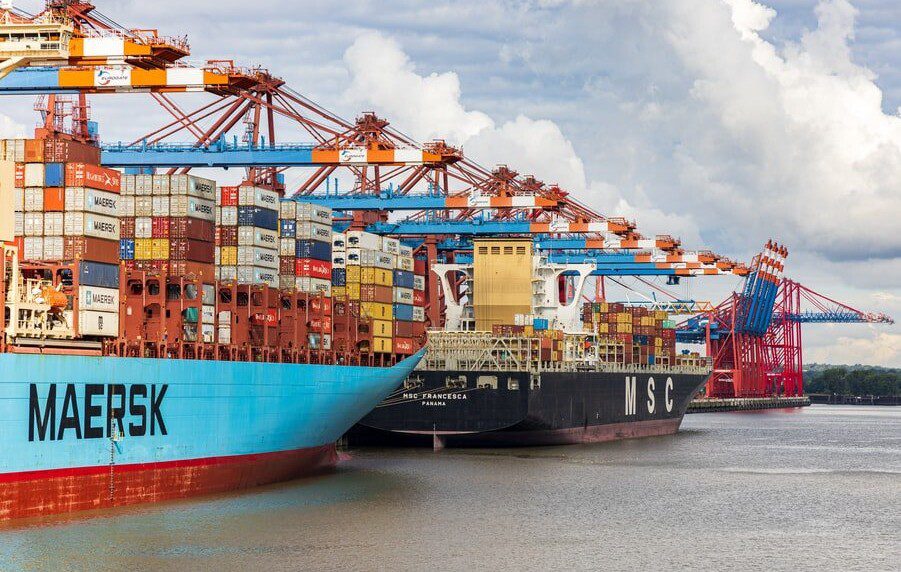
There are several documents required for FCL cargo.
When looking at the process of shipping containerized cargo, it is essential to understand that there are two methods to send your goods on an international voyage.
The term FCL stands for ‘Full Container Load’. One supplier will take responsibility for filling an entire 20ft or 40ft shipping container with goods destined for one port – the fifty parties will also be responsible for arranging transport through to their final destination.
When using an FCL cargo supplier, they will require a specific set of documents:
1. Waybill
A waybill shows proof of ownership of the goods in transit and obtained from your supplier. It includes vital information such as the number of packages and their weight, origin address, etc.
2. Bill of lading
Used when transporting maritime FCL cargo, this document represents the receipt given by the carrier once they have received all cargo at their depot. All terms regarding transport should be agreed upon and listed, and they will often require a signature from whoever is responsible for the FCL cargo.
3. Commercial invoice
It is required by most international carriers and shows your supplier’s information, consignee details (the party who has ordered the goods), and the details of the products themselves along with their prices, e.g. quantity, weight, etc., as well as any delivery terms such as FCA (Free Carrier).
4. Packing list
A specific list of all items in your container can be obtained directly from your supplier. Still, shippers should also check their load plan beforehand, which is usually found on the truck that picks up the shipment and will include more detail than a packing list. You must double-check that all the information is correct; if not, you should contact your supplier immediately.
5. FCL bill of lading
It is one of the essential documents used when shipping via FCL. Customs officials use it to determine whether the physical shipment matches the supplier’s order and is often called “endorsement for customs purposes”.
The bill of lading will list all information relating to the goods being shipped. It will include weight, specific commodity codes or HS codes (Harmonized System Codes), product description, quantity, and packing unit.
6. Import/export taxes
Every country has its own taxation rules for international imports and exports. The tax included in export FCL cargo shipments can vary drastically depending on the destination country.
Some countries also have different types of taxes, e.g. excise duty charged on specific products, while others may charge VAT (value-added tax) on all imported goods. If you are not sure about the tax rates for your specific product, it is best to check with your local government authority.
7. Customs clearance
It is a service included as part of some FCL services, whereas others may charge an extra fee for this arrangement. The customs clearance ensures that all export and import documentation is in order and allows goods to clear through customs smoothly and swiftly.
It also acts as insurance against fines or penalties, which can be charged if documentation errors etc., are found by authorities after shipment has left port (e.g. incorrect HS Code).
8. Shipment documentation
The listing description of goods, quantity supplied/received, price expressed in a unit of measure, and currency used. This document will also show the commercial relationship between buyer and seller, such as whether the goods were sold or supplied under a credit agreement (i.e., invoice factoring) or if they were bartered for other products.
Packing list – The number of pieces contained in each package and their weight. It is to ensure that:
- Every package is accounted for
- Packages arrive at consignee with the same quantity and weight Bill of lading/air waybill
The main shipping document from a carrier details all information about physical shipment, e.g. weight, product description, HS Code, etc.
Read Also:
































